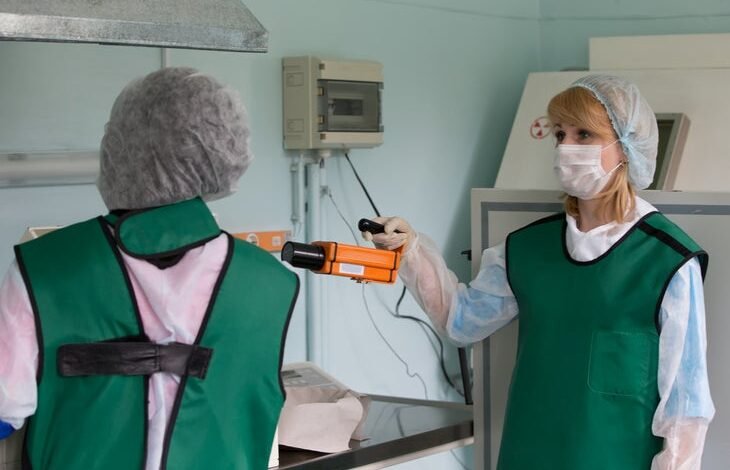ASCO 2023: Research backs chemo-only approach for some rectal cancer patients

Results unveiled at the 2023 American Society of Clinical Oncology (ASCO) Annual Meeting indicate that some patients with locally advanced rectal cancer can be treated with chemotherapy alone and may not need radiation therapy before surgery.
After five years, the treatment efficacy demonstrated in patients who received chemotherapy (and radiation as needed) versus patients who just received radiation therapy was found to be non-inferior.
The data, also published in The New England Journal of Medicine and Journal of Clinical Oncology, is from an investigator-led randomised Phase III study (NCT01515787) involving 1,194 patients with rectal cancer that had spread to nearby tissue but not to other organs. Additionally, the patients had to be candidates for surgery. The trial was sponsored by the Alliance for Clinical Trials in Oncology, with collaboration from the National Cancer Institute (NCI) and Canadian Cancer Trials Group.
Patients in the intervention group received neoadjuvant chemotherapy with fluorouracil and oxaliplatin (FOLFOX) in six cycles over 12 weeks. Radiation therapy was given only if they did not respond accordingly – if the tumours regressed by more than 20% then radiation was not administered before surgery. The control group was given 28 fractions of neoadjuvant pelvic chemoradiation with fluorouracil (5FUCRT) over five and a half weeks.
Disease-free survival in the FOLFOX group was 80.8%, and 78.6% in the group that received just radiation therapy. In the FOLFOX group, 9.1% of patients received preoperative chemoradiotherapy and 1.4% received postoperative chemoradiotherapy.
During treatment, lower rates of diarrhoea and improved bowel function were reported with FOLFOX, whilst side-effects such as anxiety, appetite loss, depression fatigue, nausea, neuropathy, and vomiting were lower with 5FUCRT. At the one-year mark after surgery, patients in the FOLFOX group reported lower rates of fatigue and neuropathy, and better sexual function versus 5FUCRT.
Thus, the authors of the JCO publication concluded that given the non-inferior efficacy, quality-of-life measures informing patient-reported outcomes could be used to choose between the two treatment options.
Whilst the research indicates that FOLFOX is a potential treatment option for patients to avoid the effects of radiation therapy, several limitations were noted. Patients with high-risk, distal tumours were excluded as there were worries about the clinical outcomes of omitting radiation. Additionally, the patient population was restricted to North America and predominately white, meaning a holistic conclusion for treatment decisions was not created from a diverse group.
Source link
#ASCO #Research #backs #chemoonly #approach #rectal #cancer #patients